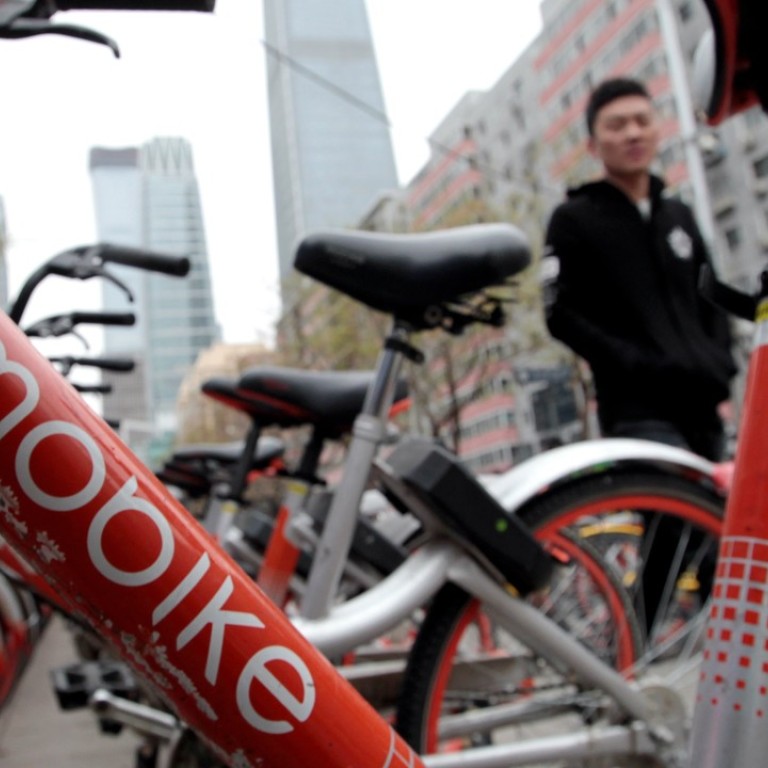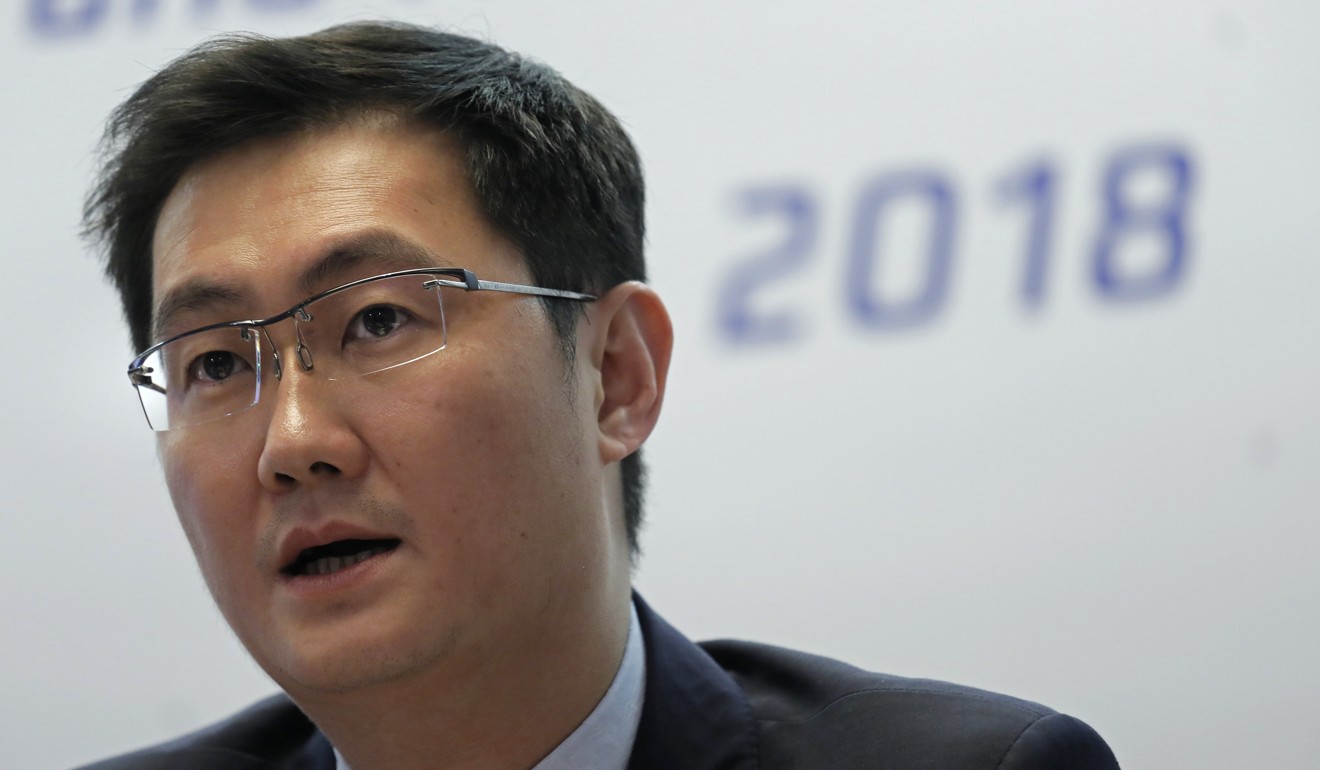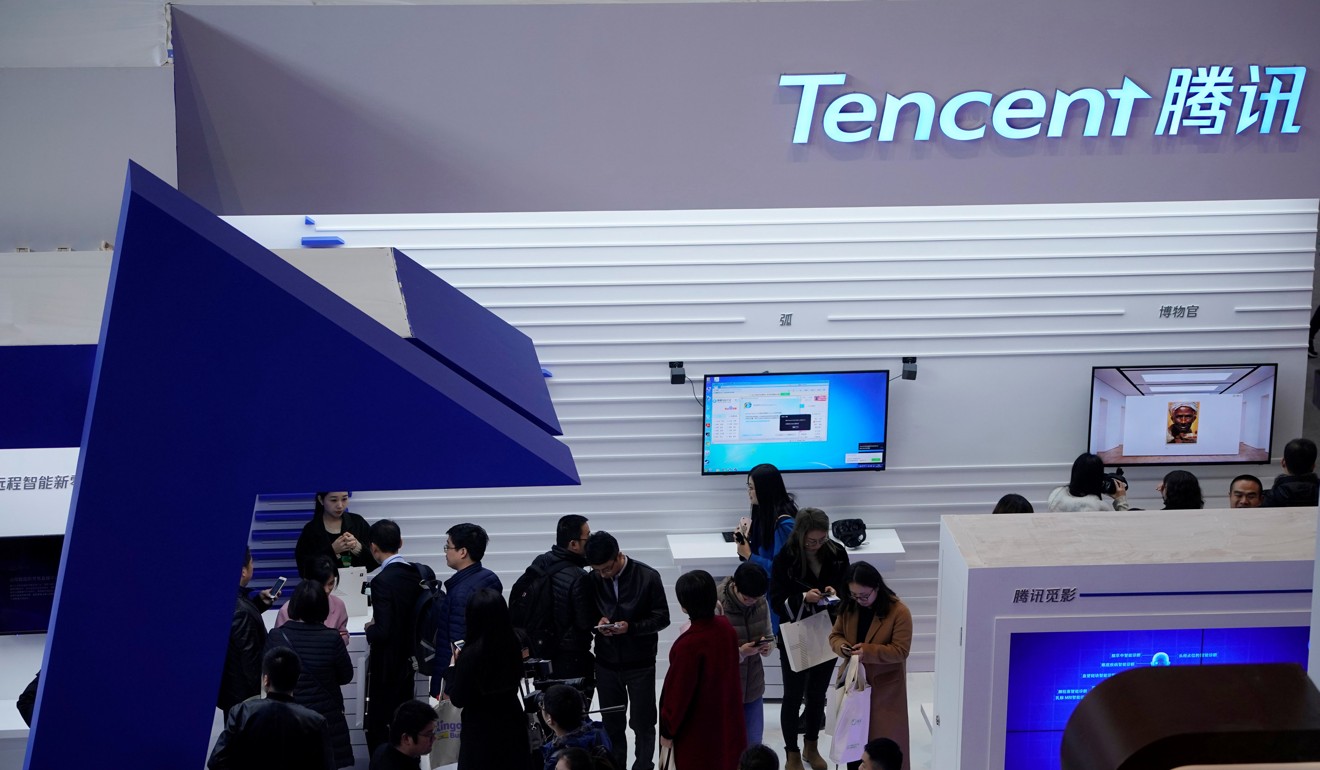
Chinese tech executives mull the independence of start-ups in wake of Mobike acquisition
China’s internet companies are rapidly expanding beyond their traditional confines, triggering debate over whether the country’s tech industry will go in the direction of Japanese keiretsu or Korean chaebol
Baidu, Alibaba and Tencent – collectively known as BAT – have grown so large, with combined revenues of 550 billion yuan (US$87.3 billion), that they dominate nearly every aspect of the Chinese internet, from web search and social media to e-commerce and entertainment.
Among all of China’s 124 unicorns – private companies with a valuation of US$1 billion or above – 50.8 per cent are controlled or backed by BAT, according to a February report by information service provider ITJUZI.
“It’s impossible to be independent. Alibaba or Tencent would either copycat your technology or business model or they’ll invest in your competitor,” said Shaun Rein, managing director of China Market Research Group.
“They basically have a gun to your head and you have to choose which of the two companies you want to work with.”
China’s Meituan buys bike-sharing firm Mobike in mobility push
Rein warns that if the Chinese internet landscape ends up looking similar to Japanese keiretsu or Korean chaebol – conglomerates that control huge swathes of their respective country’s industries – innovation will be stifled over the long term because large companies often become less nimble.
China’s internet companies are increasingly expanding beyond their traditional confines as they seek to cross-sell products and services to their users. These ecosystems mean that the dominant players cannot afford to miss out on an opportunity, leading to a “tech version of the arm’s race”, according to Yang Xu, an analyst with consultancy Analysys.

In an example of the risks start-ups face if they don’t accept an offer from a tech giant, after Snapchat (now Snap) rebuffed Facebook’s reportedly US$3 billion offer in 2013, Facebook launched similar features on its own platforms.
Over the past two years BAT have had to make room for three more emerging giants: Toutiao, Meituan-Dianping and Didi Chuxing – sometime referred to as TMD – which dominate news aggregation, on demand services and transport, and two of which count BAT as their own investors.
Tencent did not respond to requests for comment sent on Thursday, a public holiday in China. Alibaba representatives did not comment when contacted for this story. A Baidu spokesperson said that the company was “not in a position” to comment on recent deals.
Drone manufacturer DJI and smartphone and electronics maker Xiaomi are among the handful of Chinese companies valued at more than US$10 billion that have remained independent from the tech giants – though their hardware manufacturing focus sets them apart from the internet space.
Even shareholders of Mobike, a giant in China’s US$3.8 billion bike sharing industry, could not resist the overtures by Meituan, according to its CEO.
Mobike had insisted on an independent path, however little fish cannot eat big fish
“Mobike had insisted on an independent path, however little fish cannot eat big fish,” Wang Xiaofeng, co-founder and chief executive of the company, was quoted as saying at the board meeting on Tuesday that approved the sale, according to Yicai, a Chinese financial news outlet. “In China, start-ups cannot stay away from the giants forever.”
The Meituan-Mobike deal was reportedly brokered by Pony Ma, chief executive of internet giant Tencent, which has invested in both, according to Caixin. Mobike and its rival Ofo, backed by Alibaba and Didi, held a combined market share of 95 per cent of China’s bike hailing market.
Meituan is the world’s fourth largest unicorn with a valuation of US$30 billion, behind China’s Xiaomi and above Airbnb of the US, according to CB Insights. The company started out as a Groupon-like portal before merging with Dianping, a Yelp-like restaurant recommendation site. Meituan is now expanding into food delivery and recently introduced ride-hailing operations in several Chinese cities in competition with Didi.

If a [huge] company like Ele.me can’t even exist individually then what others companies can?
“If a [huge] company like Ele.me can’t even exist individually then what others companies can?” asks Rein, who is author of the book The War for China’s Wallet: Profiting from the New World Order.
John Hsin, a partner with China Renaissance’s Huaxing Growth Capital, said institutional funds still count for most of the investment in US technology firms, whereas in China BAT have become major investors by leveraging their powerful ecosystems.
“It is harder for companies to stay independent because BAT have significant advantages in data and traffic, which is becoming more expensive,” said Hsin, whose company has invested in a string of high-profile start-ups such as Didi, Mobike and Meituan.
The benefits of clustering only apply to web traffic-driven companies and not all tech firms, said Zheng Linghui, founder of private equity fund Chaoshan Capital.
“Hardware start-ups like chip makers and firms targeting corporate end users have a better chance of remaining independent and forming an empire of their own,” he said.
The conglomerate strategy is also driven by insecurity, as Chinese internet users are fickle and customer behaviour can shift quickly, according to Zheng. “Tech giants are afraid of being abandoned by customers. The web traffic can move easily from one ecosystem to another.”
Tech giants are afraid of being abandoned by customers
Nevertheless, Zheng believes the intense focus on the big names has distracted from the importance of other technologies. “BAT and TMD have been given too much attention. Hardware and smart manufacturing deserves equal attention from the authorities and the public,” he said.
But when it comes to attention from the tech giants, hardware firms feel less pressure to take sides, said Judy Qin, sales director of a Shenzhen-based hardware start-up.
“As long as we establish a strong business model and are able to be innovative, we will have more choices when it comes to taking investment or getting acquired,” she said, adding: “If there are no barriers to entry for a company’s product or services, it is not surprising that big companies will try to copy you.”
Additional reporting by Meng Jing and Yingzhi Yang


